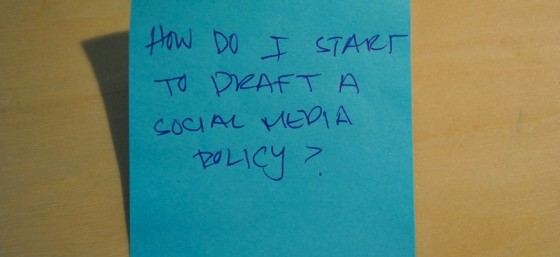When I was on one of the weekly calls with my mastermind group last week, one of my fellow Shankminders asked me to comment on a phenomenon amongst entrepreneurs – working on your side gig while at your full-time job.
Wait . . . what?! There are people out there sitting at their desks, and while they are supposed to be working for their employer, they are working on their side hustle? I was incredulous, but the members of my group knowingly nodded their heads.
I thought my head was going to explode. How can anyone think this is ok?
Am I the only person who read in their employment contract? What are you supposed to do on the first day of work besides read the company handbook? Even before I went to law school, I remember signing off on company policies that said employees couldn’t use company time or company resources to run a side business. At the time (2005ish), I assumed this policy primarily applied to people who might be realtors or the like on the weekend, but now I see how this applies to anyone who has a side business – including bloggers and other social influencers.
The notion that people are running their side gig during regular work hours raises a lot of red flags for me.
- If you are an at-will employee, you can be fired for any reason, or no reason at all. Working on a side project when you’re supposed to be doing your work tasks seems like a good reason to fire you, especially if you’re neglecting your work duties to do it.
- Employers can easily track what employees are doing at work with technology like keystroke trackers. You may be telling your employer a lot more than what websites you’re visiting – like passwords and your company’s trade secrets.
- Your contract may have a provision that says anything you create during company time or using company resources is owned by your employer. If your contract has this provision, you may unwittingly forfeit your business to your employer, without any options for recourse.
Some employees have a provision in their contract that says that anything they create during the ten-year of their employment that is related to the work of their employer, is owned by the employer. This could apply to projects done even outside the office.
In general, I am an advocate of employer’s staying out to of employees’ business – personal or otherwise – and that comes with the obligation that employees keep non-work issues out of the office. I understand why it makes sense for someone to occasionally check social media at work, or like during their lunch break. And unless there is a security reason to prohibit it, employees should be allowed to have their phones at their desks to take phone calls or respond to text messages related to their families, permitted it doesn’t interfere with doing their jobs.
But work on a side gig while at the office? No no no. (At least, not without permission.) There are too many risks, the least of which is losing the job which is paying your bills while you’re getting your side hustle off the ground.
If you don’t know what the rules are at your office, go back and read them. Ignorance of the company rules, particularly the ones you signed off on, will not save you from discipline or worse. If you need help understanding how to work on your side gig while at your current employment, talk to a business attorney her knee or a resource that helps entrepreneurs in your community. If you want to see me pontificates more about this and related topics, you can contact me directly or connect with me on Twitter, Facebook, YouTube, or LinkedIn. You can also get access to more exclusive content that is available only to people on my mailing list, by subscribing here.











